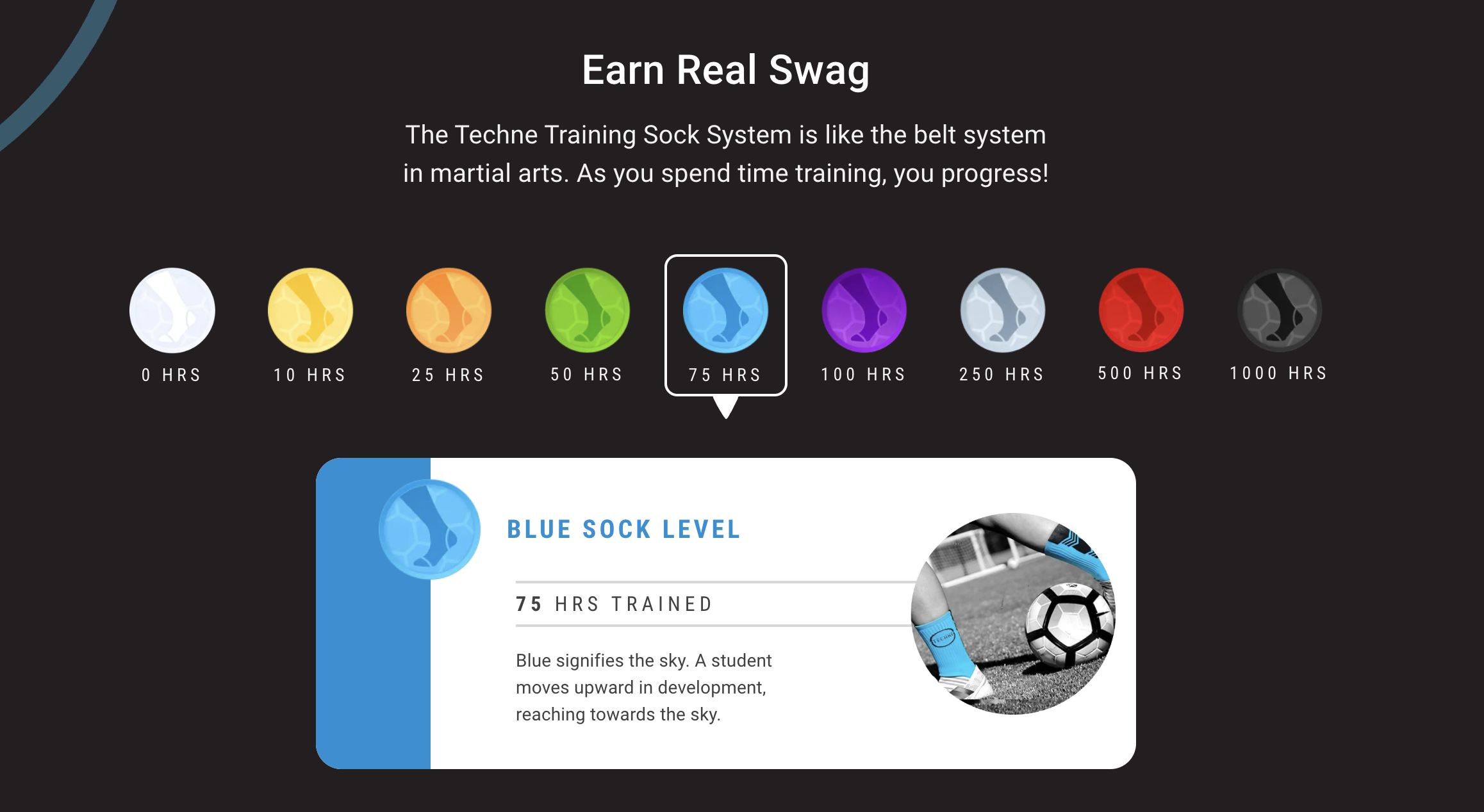A powerful but often overlooked performance enhancer, sleep is where the real work happens off the field, especially for soccer players.
1. Physical Recovery: Repair While You Rest
During deep, slow-wave sleep, the body releases growth hormone, a key driver of muscle repair and recovery. This is when the micro-tears in your muscles from training are healed, making you stronger for the next session.
Without enough quality sleep, this repair process is incomplete, leaving you sore for longer and more vulnerable to injury. Over time, the lack of proper recovery can build into chronic fatigue, reduced power, and a higher risk of strains or pulls. For players training multiple times per week or competing in tournaments, this recovery phase is not a luxury, it is a necessity.
2. Smarter Body Energy Management
Soccer is a sport that requires consistent bursts of high-intensity movement, followed by quick recoveries. Sleep plays a major role in regulating your body’s energy systems. When you are well-rested, your muscle glycogen stores remain high, which is essential for maintaining speed, strength, and stamina throughout 90 minutes.
On the other hand, poor sleep leads to depleted energy reserves, which can cause early fatigue and make it harder to keep up with the demands of the game. This often results in slower reactions, less aggressive pressing, and reduced sharpness in finishing or passing late in matches.
3. Sharper Reaction Time and Better Decisions
A split-second can decide the outcome of a play, whether it is intercepting a pass, saving a shot, or making the right choice under pressure. Sleep deprivation slows reaction times and impairs decision-making accuracy.
For goalkeepers, even a fraction of a second in delayed movement can mean the difference between a save and a goal conceded. For defenders, it can lead to poor positioning or late tackles. Midfielders and forwards also suffer, as slower decision-making affects creativity, timing, and execution.
4. Fewer Injuries, Better Longevity
Medical studies show that young athletes who get less than 8 hours of sleep per night are 1.7 times more likely to sustain injuries than those who get more rest. This is not just about feeling tired—fatigue affects coordination, reaction time, and muscle readiness, making the body more prone to accidents and strains.
For soccer players who want to extend their playing careers and stay available for selection, improving sleep habits can be as valuable as adding another training session each week.
5. The Mental Edge
It is simple: sleep is not downtime, it is prime time. Prioritize the night as seriously as your training sessions.
Sleep is not downtime, it is prime time for growth, recovery, and preparation. Just as you schedule training, conditioning, and recovery sessions, you should schedule your sleep.
Aim for 7 to 9 hours of deep, uninterrupted sleep each night. Keep a consistent bedtime and wake-up time, even on weekends. Track your sleep patterns and pay attention to how your body feels in training and matches. If you notice dips in performance, ask yourself whether your sleep habits might be the cause.
—
Exclusive Offer for New Subscribers
New subscribers to the Techne Futbol app are eligible for 10% off their initial subscription purchase. Use code BLOG at signup to redeem this offer.
References
- American College of Sports Medicine. Sleep Deprivation and Increased Risk of Sports-Related Injuries.
- Soccer Wizdom (2025). The Effects of Sleep on Soccer Players.
- Sports Medicine – Open (2023). The Impact of Sleep Interventions on Athletic Performance.
- Mah, C. D., et al. (2011). The Effects of Sleep Extension on the Athletic Performance of Collegiate Basketball Players. Sleep, 34(7), 943–950.



